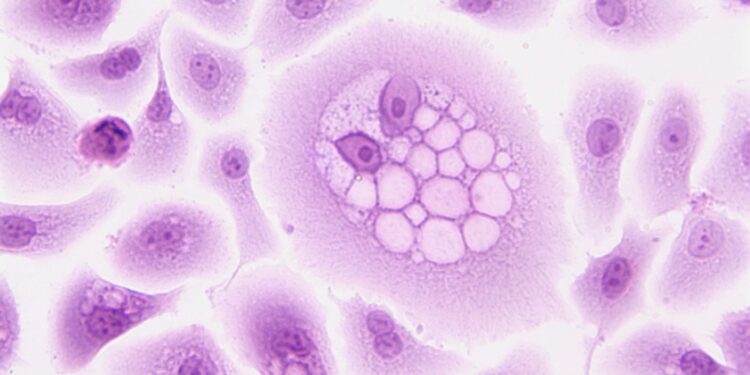It’s a game-changer.
A recent study in Nature Medicine highlights that AI may surpass human doctors in diagnosing ovarian cancer from ultrasound images. The AI program achieved an accuracy rate of over 86%, compared to just under 83% for human experts and around 78% for non-experts. This suggests that AI could serve as a useful tool for diagnosing ovarian cancer, particularly in difficult cases or areas where there is a shortage of qualified ultrasound specialists.
Ovarian tumors are often detected incidentally, making early diagnosis challenging. According to Elisabeth Epstein, a senior physician at Stockholm South General Hospital, the AI’s higher accuracy rate could help in detecting ovarian cancer earlier and more accurately, potentially improving outcomes for patients.
In the study, researchers trained the AI to differentiate between benign and malignant ovarian lesions using over 17,000 ultrasound images from nearly 3,700 patients across 20 hospitals in eight countries. The AI system not only increased diagnostic accuracy but also reduced the need for expert referrals by 63% and lowered the misdiagnosis rate by 18% in simulated care scenarios. This suggests that AI could help reduce the burden on medical professionals and enhance the overall efficiency of diagnosing ovarian lesions.
Despite the promising results, the researchers emphasize that further studies are needed to fully validate the findings and explore the practical applications of AI in clinical settings. The team is conducting ongoing research to assess the safety and effectiveness of AI in real-world healthcare scenarios and plans to conduct a clinical trial to examine its impact on patient management and healthcare costs.
If proven effective, AI tools could play a significant role in future healthcare by easing the workload of specialists and optimizing hospital resources. However, researchers stress that AI solutions must be adaptable to different clinical environments and patient demographics to ensure their successful integration into routine medical practice.

































Discussion about this post